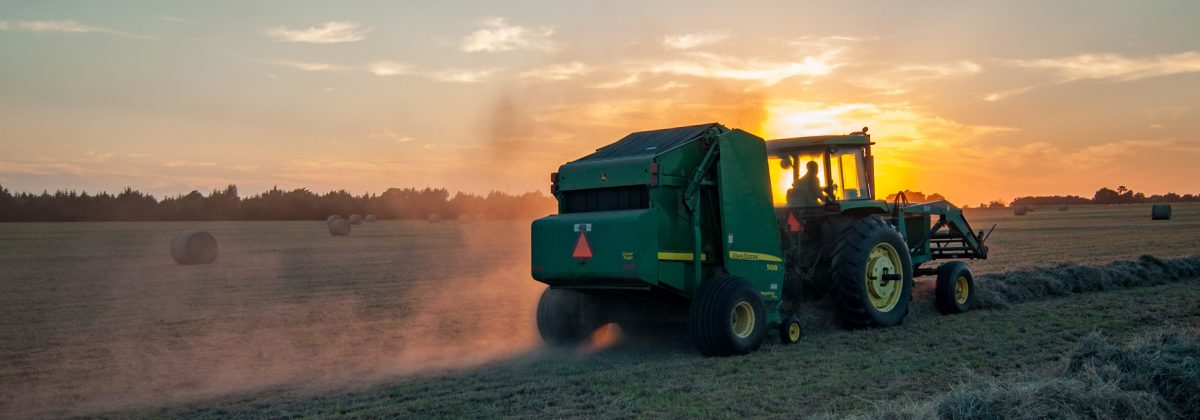

August 8, 2019
At Flint we work with a wide range of insurance partners so that we can cater to the needs of a diverse client base throughout the country. We work with large international insurers, through to specialist niche providers to ensure that no risk is beyond us. One such area is agriculture, a significant UK industry that can be crop farming, managing livestock or running a renewable energy business. And whilst this might be considered a specialist area for insurance we see this industry facing similar issues as general commercial risks.
Undoubtedly, the biggest issue facing farmers and other agricultural industry is gaps in their insurance cover. Farmers can incorrectly assume they are covered for certain activity or equipment, or not appreciate that their current insurance arrangements might not consider recent growth, investment or diversification.
Four of the most common gaps in cover are:
Up until a few years ago, anybody who was employed to work on a farm was protected by AWG. Benefits included pay well above minimum wage, guaranteed overtime during harvests and generous sickness allowances.
Despite the AWG being abolished in 2013, a number of farm employees believe that they are still protected by the same legislation as they were previously. The absence of new contracts drawn up since 2013 means that farmers frequently find themselves at risk of having to pay employees for extended periods of sickness or personal accidents.
Advances in technology extend into agricultural processes, with an increased amount of automation and robotics being tested in farm businesses. Common examples include driverless tractors and diggers, and drones designed for spraying crops.
These developments often provide efficiencies for the farmer but are also often forgotten about when it comes to insurance. It’s essential that any new equipment is covered, as damage or theft can be incredibly expensive.
Available as an extension to Business Interruption, this cover is overlooked or confused with Public Liability. Public Liability only covers damage to property or personal injury, where Financial Loss covers circumstances where money is lost, but no property is damaged or individual injured.
For example – a delivery of potatoes reaches the warehouse and sets off metal detectors, due to small amounts of metal being picked up in transit. It’s not a simple case of removing the contaminated delivery; the warehouse will be thoroughly cleaned, and any affected deliveries destroyed. No property was damaged, and no employees were injured, so a Public Liability product would not pay, where Financial Loss would.
A real-life example of this situation saw one client claim £160,000. Financial Loss is an essential element of any agricultural insurance package.
This is a fundamental insurance for farms, due to the inherent seasonality of their business. Without it, farmers are responsible for any increased costs during busy times, such as harvests. These costs can be extraordinarily high, if a farmer has to rent additional equipment or hire contract staff. AICOW cover is free of charge with Business Interruption.
You need to make sure that your insurance requirements are properly reviewed every year and especially considering the gaps mentioned here. An insurance review is an opportunity to provide updated cover which is reflective of the current state of the farm and its operations.
Our insurers are providing new and specialist products for farmers, so speak to us at any time about your insurance requirements.